Bringing science to life through spectacular images.
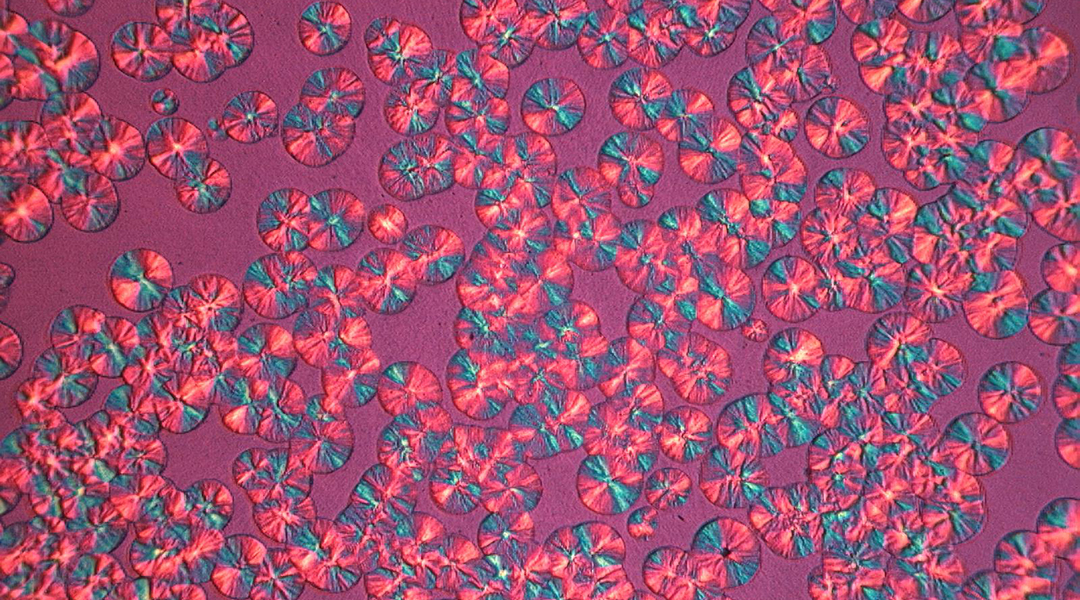


Bringing science to life through spectacular images.
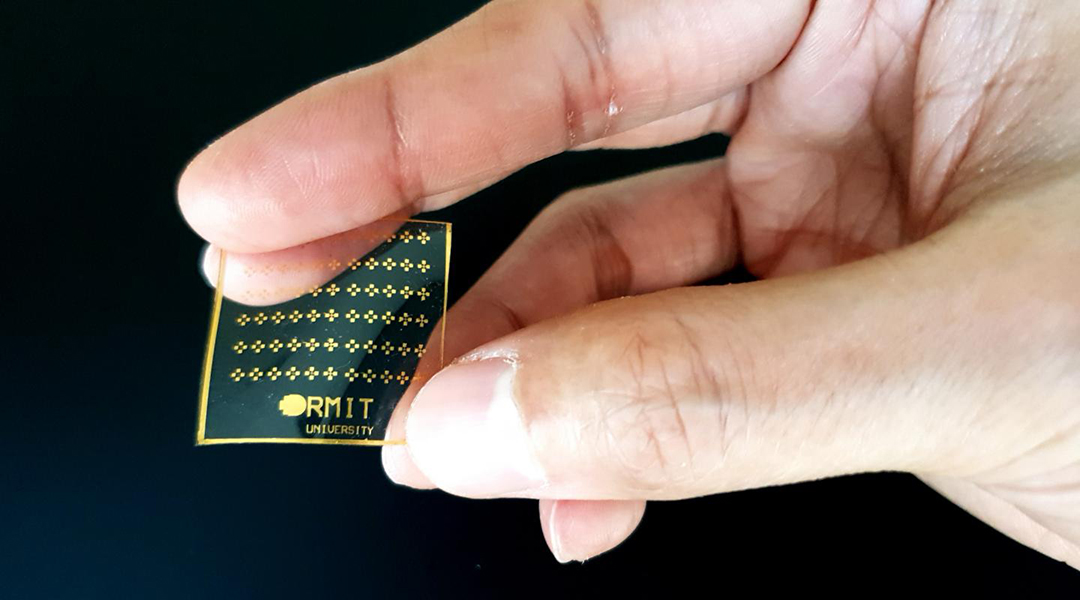
Prototype device electronically replicates the way human skin senses pain.
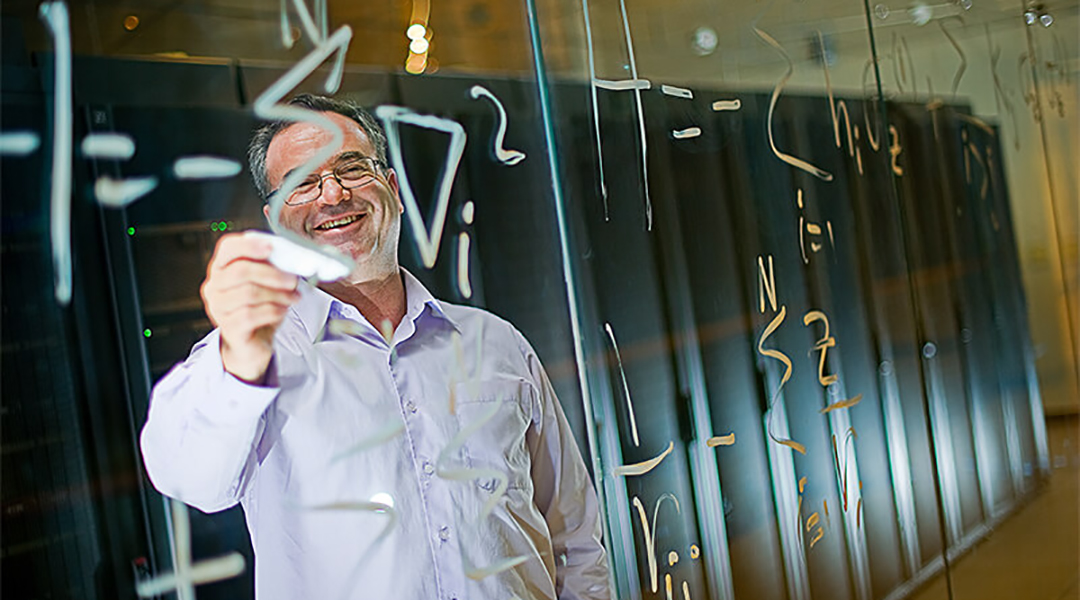
Researchers are developing algorithms and machine learning methods to further our understanding of the quantum state space.
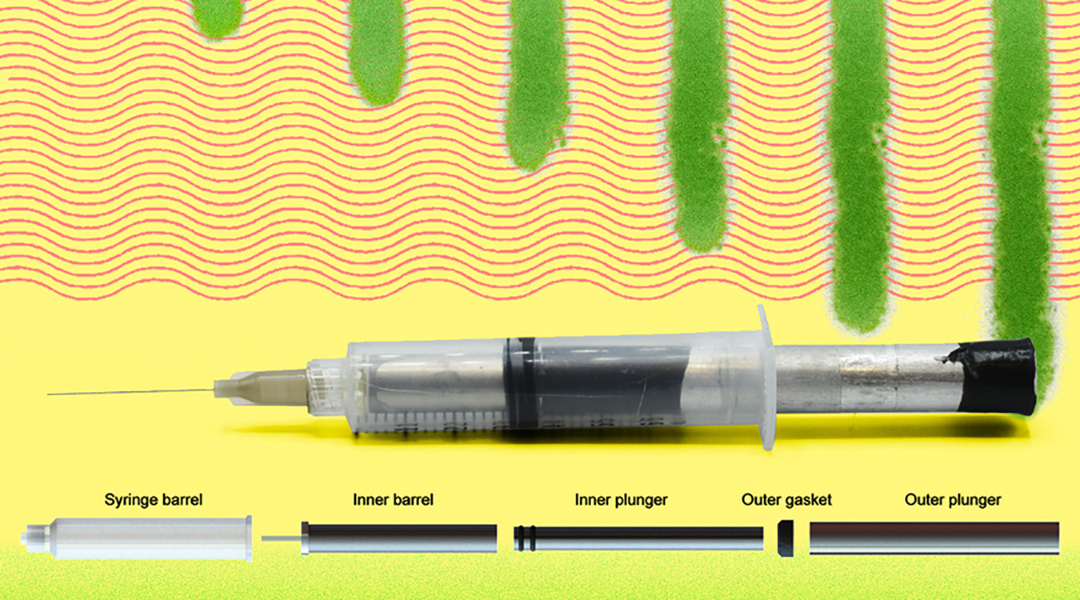
Researchers have designed a simple, low-cost device for subcutaneous injection of viscous formulations.

A new study is the first to examine micro- and nanoplastic occurrence in human organs, providing the first clues on potential exposure sources and routes.

Comprehensive pediatric study examines viral load, immune response and hyperinflammation in pediatric COVID-19.
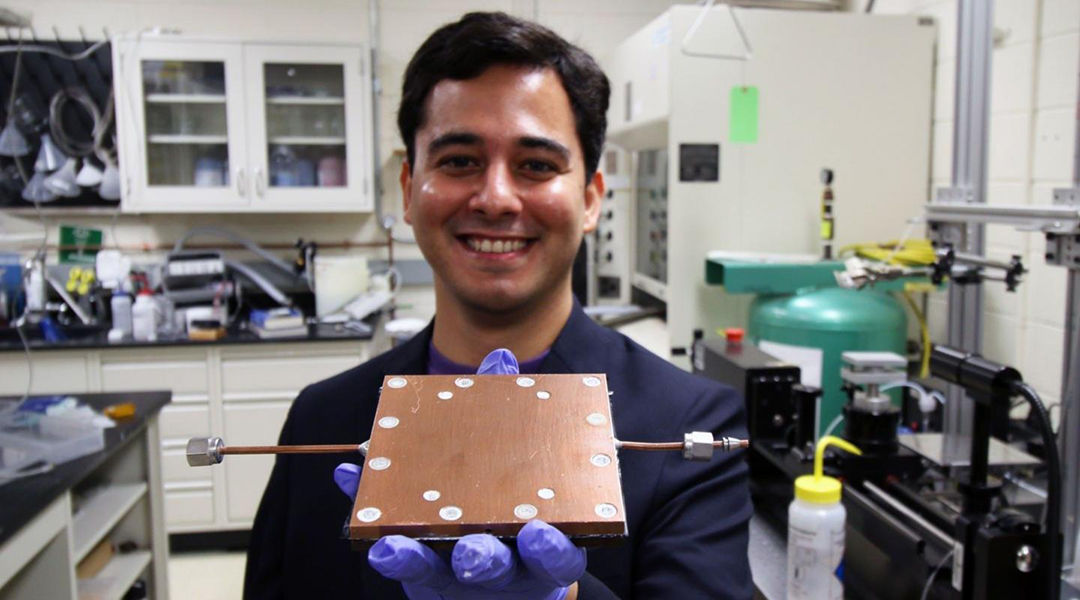
A breakthrough diode overcomes limitations in thermal heat management for better electronics and advanced spacecraft materials.

Cosmic gas cloud blinks in sync with circling black hole.

New observations suggest that the unexpected dimming of the supergiant star was most likely caused by a dust cloud that blocked starlight coming from the star’s surface.

Trials need more people of color to generalize results to larger US population.